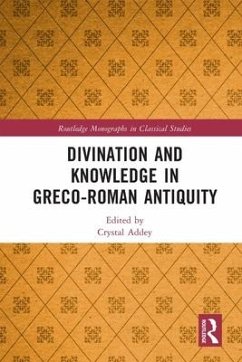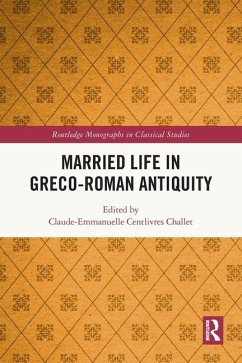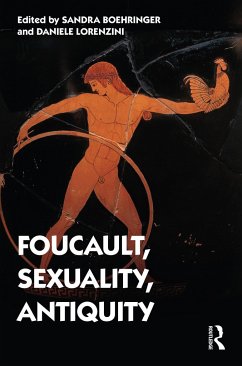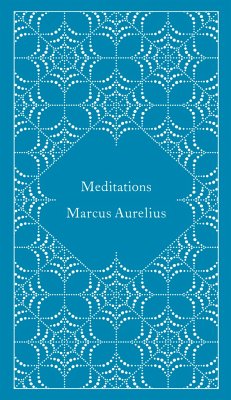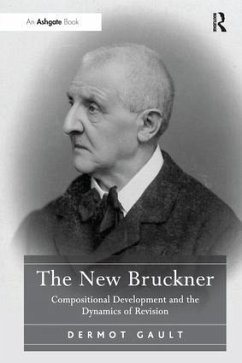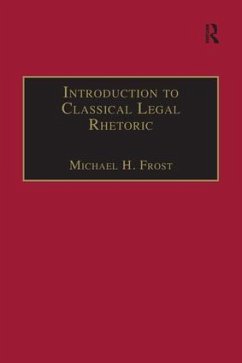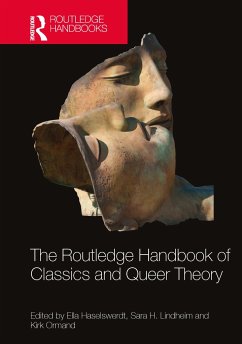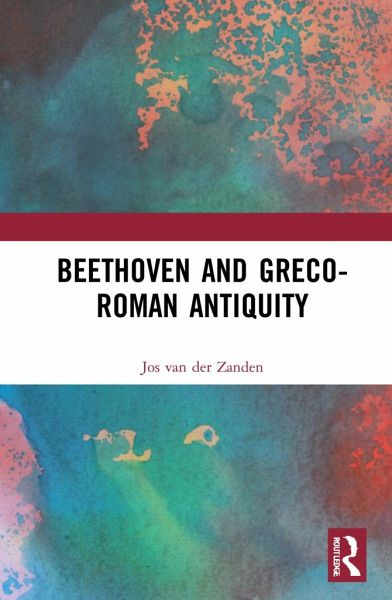
Beethoven and Greco-Roman Antiquity
Versandkostenfrei!
Versandfertig in 6-10 Tagen
43,99 €
inkl. MwSt.
Weitere Ausgaben:

PAYBACK Punkte
22 °P sammeln!
Ludwig van Beethoven had a life beyond music. He considered it his duty to spend leisure-time improving his Bildung (sophistication). To this end he familiarised himself with tangible manifestations of Greco-Roman antiquity, for he perceived these cultures and their representatives as examples of intellectual, moral, and artistic perfection. He consumed such writers as Homer, Plutarch, Horace, Tacitus, Euripides, and Greek poets. These texts were morally uplifting for him, and advantageous for building character. They now hold a key to Beethoven's ideal of a steadfast, austere, and Stoic outlo...
Ludwig van Beethoven had a life beyond music. He considered it his duty to spend leisure-time improving his Bildung (sophistication). To this end he familiarised himself with tangible manifestations of Greco-Roman antiquity, for he perceived these cultures and their representatives as examples of intellectual, moral, and artistic perfection. He consumed such writers as Homer, Plutarch, Horace, Tacitus, Euripides, and Greek poets. These texts were morally uplifting for him, and advantageous for building character. They now hold a key to Beethoven's ideal of a steadfast, austere, and Stoic outlook, necessary for a 'great man' to carry out his duties. Jos van der Zanden demonstrates that Beethoven's engagement with Greco-Roman culture was deep and ongoing, and that it ventured beyond the non-committal. Drawing on a comprehensive investigation of primary sources (letters, conversation books, diaries, recollections of contemporaries) he examines what Beethoven knew of such topics like history, art, politics, and philosophy of antiquity. The book presents new information on the composer's republicanism, his familiarity with the works of Plato, his admiration of the elderly Brutus, his plan to utilize 'unresolved dissonances' in an unknown piece of music, and his decision to subscribe to a book about ancient Greek poetry. A hitherto unknown vocal piece based on lines by Euripides is revealed. The study concludes with a comprehensive survey of all compositions and sketches by Beethoven based on Greco-Roman subjects.






